IIPM and NTGent in collaboration with the Münchner Kammerspiele presented School of Resistance: Practices from Euromaidan to Belarus / Art in conflicted areas livestreaming on the global, commons-based, peer-produced HowlRound TV network at howlround.tv on Friday 17 December 2021.
In search of strategies of resistance, Milo Rau, the IIPM (International Institute of Political Murder) and the NTGent founded a globally networked “School of Resistance” as a livestream debate series in May 2020. Now, as a symbolic institution of the future, it is landing at the Münchner Kammerspiele and, together with the artistic “Sisterhood Kyiv-Munich”, is questioning civil and artistic practices of resistance. Within the framework of the Sisterhood, the Münchner Kammerspiele aims to form a stable network with civil society actors and artists in Kyiv, Munich and beyond.
Friday 17 September
Practices from Euromaidan to Belarus
8 a.m. PST (Los Angeles, UTC-8) / 11 a.m. EST (New York, UTC -5) / 16:00 GMT (London, UTC +0) / 17:00 CET (Munich, UTC +1) / 18:00 EET (Kyiv, UTC +2).
How can art contribute to strategies of resistance? How can activists and artists work together as experts of change to build a repertoire (and archive) of strategies of resistance? Together with IIPM/Milo Rau, Münchner Kammerspiele invites activists and artists to look back on the protests of the past years in Ukraine and Belarus. What could civil protest achieve against authoritarian power structures? How do the experiences of the two countries differ? Here, the consolidation of the Lukashenka regime with Russian support and the expulsion of many activists and artists; there, the emergence of a democratic Ukraine turned towards Europe, which remains however in a permanent state of crisis due to war and occupation. How do civil society and artists look back on the Euromaidan protests in 2013/14 and the democracy movement in Belarus from summer 2020? What can be expected from the future? Which forms of solidarity are being expected?
In Munich, the “School of Resistance” brings together director and artistic director Stas Zhyrkov (Left Bank Theatre, Kyiv) and director Vlad Troitskyi, who, as founder of the transdisciplinary Gogolfest, has been organising festivals throughout Ukraine for years. In addition, the activist and local politician Polina Gordienko will look at the situation in Belarus. Born in Ulan-Ude, Russia, and raised in Minsk, the Munich-based activist has acted as the voice of the Belarusian democracy movement in Germany since the rigged presidential election in August 2020. In conversation with Kasia Wojcik, who will lead the discussion as curator of the “School of Resistance”, the panel will also look at the current humanitarian emergency on the Belarusian border. The situation of refugees in need of protection once again reveals that human rights are repeatedly in crisis at Europe’s external border. What does the current situation demand of civil society and the European Union?

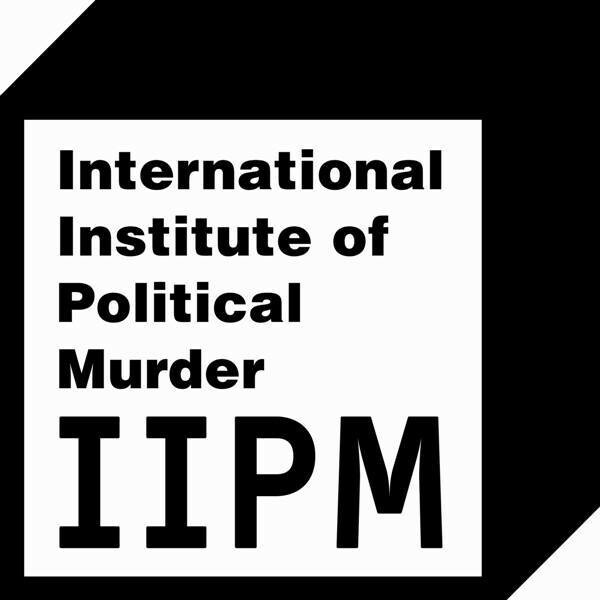
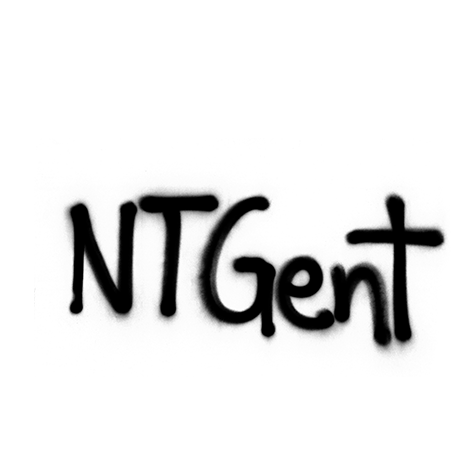
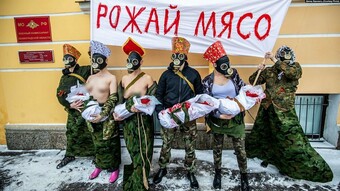

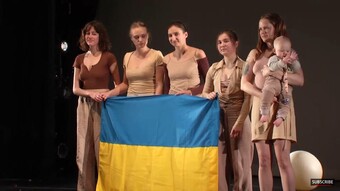

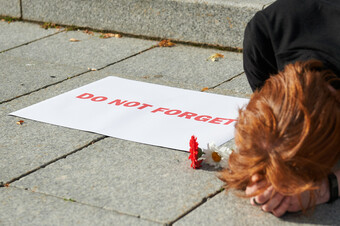
Comments
The article is just the start of the conversation—we want to know what you think about this subject, too! HowlRound is a space for knowledge-sharing, and we welcome spirited, thoughtful, and on-topic dialogue. Find our full comments policy here